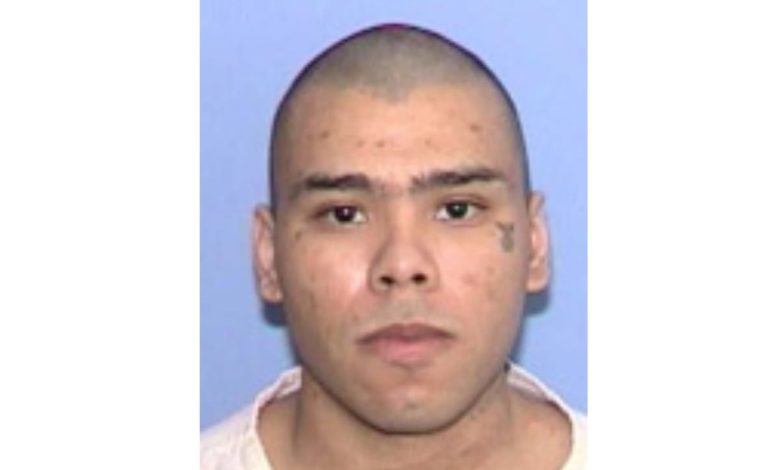Texas executes man, 41, who committed murder as a teen then served as spiritual advisor to prison inmates

A Texas man was executed on Wednesday evening after losing last-minute pleas for clemency that claimed he had “a complete transformation of character” by serving as a spiritual leader to other prisoners and was no longer a threat to the public.
Ramiro Gonzales, 41, has been on death row in Medina County, Texas, since 2006 when he was convicted of killing 18-year-old Bridget Townsend in 2001. Gonzales, who was also 18 at the time, kidnapped, raped, and then fatally shot Townsend after attempting to steal drugs from her boyfriend’s house.
Now, nearly 20 years later, Gonzales died by lethal injection and was pronounced dead at 6.50pm at the State Penitentiary in Huntsville the state criminal justice department said.
In his final statement before he was executed Gonzales repeatedly apologized to the Townsend family and insisted he “never stopped praying” for their forgiveness.
“I can’t put into words the pain I have caused y’all, the hurt what I took away that I cannot give back,” he said, according to officials.
“I hope this apology is enough. I lived the rest of this life for you guys to the best of my ability for restitution, restoration, taking responsibility,” Gonzales said. “I never stopped praying that you would forgive me and that one day I would have this opportunity to apologize.”
In appeals to the Texas Court of Criminal Appeals and the US Supreme Court, his lawyers underlined ways Gonzales has improved his character.
Among those, his lawyers say, is that Gonzales worked through years of childhood trauma to recognize his actions and show remorse. They say he has formed meaningful relationships and even devoted himself to Christianity.

“Ramiro has become a respected man of faith among other inmates, and his devotionals have been read over the prison radio station as well as shared during worship in the United Church of Canada,” his lawyers said in their brief to the Texas Court of Criminal Appeals.
They say Gonazles childhood and teenage years were painfully marked by physical and sexual abuse that he endured. His lawyers claim his mother “frequently drank alcohol, huffed spray paint and abused drugs throughout her pregnancy.”
Despite the challenges, his lawyers believe he has matured to have a “deep and genuine religious faith, sincere remorse, and meaningful attachments to positive, prosocial individuals.”
But the main argument, his lawyers say, is that a psychiatrist has changed his perception of Gonzales as a “potentially dangerous person.” At the time of the murder trial, psychiatrist Dr. Edward Gripon testified that Gonzales was likely to pose a threat to future danger in society based on a statistic that he now finds to be “inaccurate.”
That statistic, which claimed a defendant who commits sex offenses had an 80 percent recidivism rate, was authored by a counselor with “no credentials” in empirical research and contained no citations on similar studies.
After re-evaluating Gonzales in 2021, Gripon declared he believed Gonzales no longer posed a threat to future danger.
In their brief to Justice Samuel Alito at the US Supreme Court, Gonazles’ lawyers said that his behavior has “not only refuted” but “disproven” the predictions at the trial.
The Supreme Court on Wednesday offered no explanation as to why it had denied his appeal.







